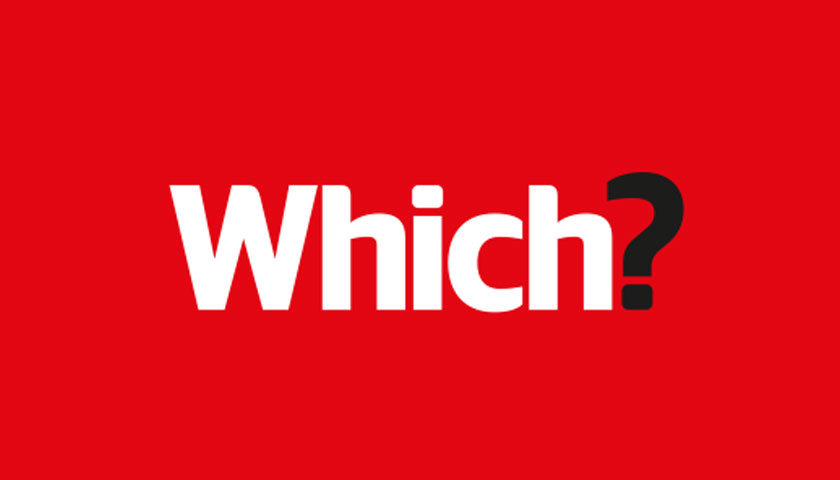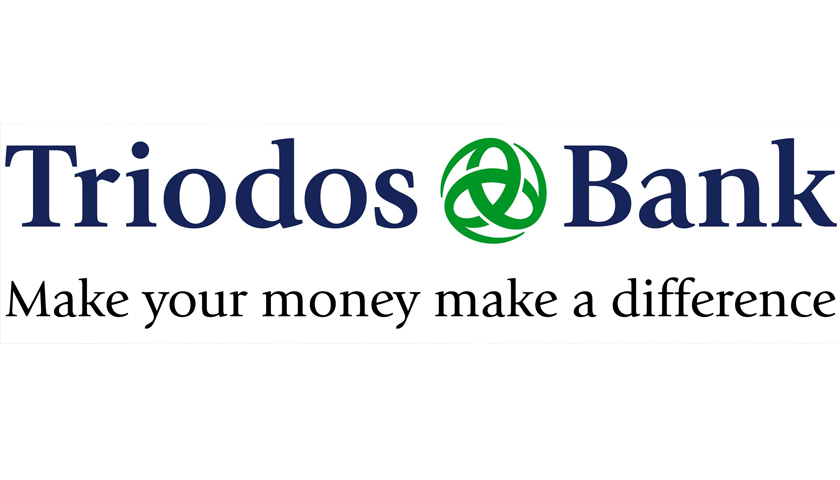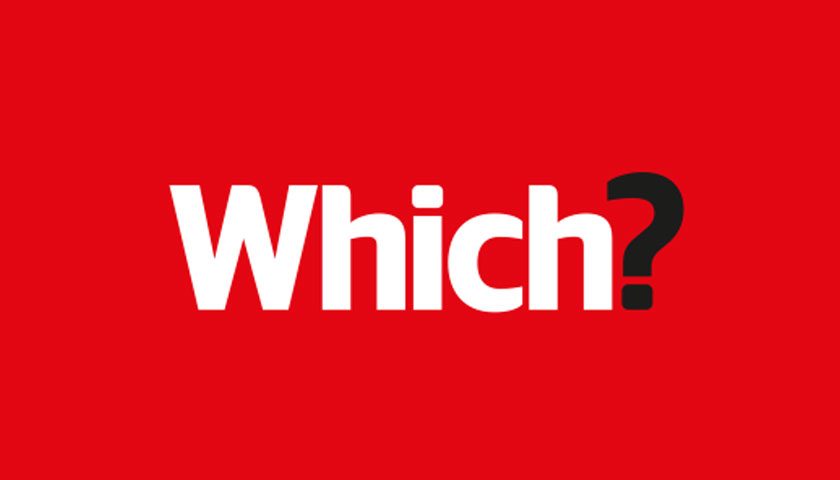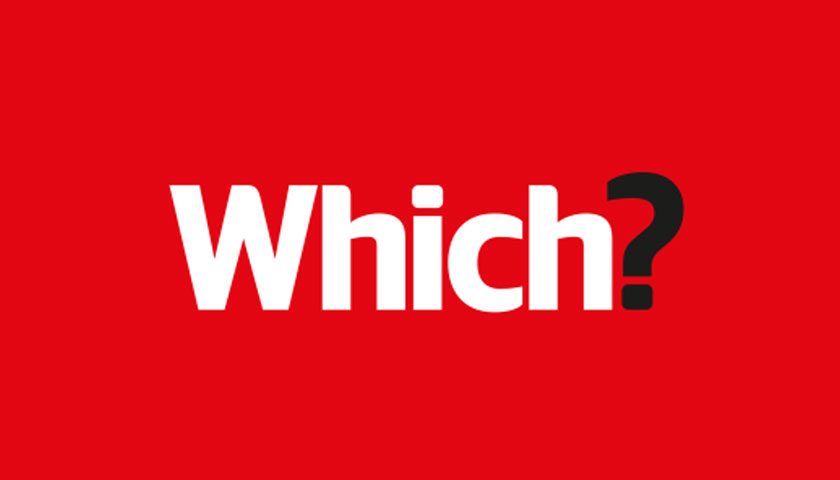The price of basic groceries such as butter, milk and cheese soared by up to 30% year on year in December, according to Which?’s inflation tracker, as new research from the consumer champion shows trust in the sector plummeting during the cost of living crisis.
Which?’s supermarket food and drink inflation tracker records the annual inflation of tens of thousands of food and drink products across three months at eight major supermarkets – Aldi, Asda, Lidl, Morrisons, Ocado, Sainsbury’s, Tesco and Waitrose – to see how inflation is impacting everyday products.
Uniquely, Which?’s tracker shows how inflation is impacting prices on individual products, product categories and ranges as well as comparing supermarkets by looking at prices year-on-year.
While the tracker shows that in December food and drink inflation was at 15 per cent overall across the eight retailers, butters and spreads went up an astonishing 29.4 per cent. Milk (26.3%), cheese (22.3%), bakery items (19.5%), water (18.6%) and savoury pies, pastries and quiches (18.5%) also saw higher than average price increases.
When Which? looked at the some of worst examples in these categories for the three months to the end of December 2022, it found Utterly Butterly (500g) saw dramatic price rises at several supermarkets including Waitrose where it went from £1 to £1.95 (95%), Waitrose Duchy Organic Homogenised Semi-Skimmed Milk (1 pint/568ml) went from 65p to £1.22 (87.1%) and at Tesco, Creamfields French Brie 200G went from 79p to £1.43 (81.59%).
The worst individual price hike on a food item across all the supermarkets was Quaker Oat So Simple Simply Apple (8x33g) at Asda which went from £1 on average in December 2021 to an average £2.88 in December 2022 – a sharp increase of 188 per cent
Across supermarket ranges, budget (20.3%) and own-brand (18.5%) items were again subject to higher rates of inflation than premium (12.6%) and branded counterparts (12.5%).
Despite being the cheapest supermarkets overall according to Which?’s monthly price analysis, Lidl prices went up the most (21.1%) in December, followed closely by Aldi (20.8%). Asda had the third highest inflation but was closer to the average of 15% (15.4%).
Meanwhile at Waitrose (14.5%), Sainsbury’s (13.7%), Tesco (13.1%), Morrisons (12.9%) and Ocado (10.5%) inflation rose slightly less.
While the food and groceries industry typically enjoys high levels of trust from consumers, and enjoyed a significant increase during the pandemic, Which?’s latest Consumer Insight survey data shows recent price rises have coincided with trust in this sector suffering enormously from +67 in May 2021 to +42 now.
Trust at Aldi and Lidl tended to be lower than rivals 18 months ago but has stayed relatively the same during this period meaning it’s now higher than average at +48 and +45 respectively. Waitrose had the lowest level of trust (+29) among all consumers, though trust levels among its customers were much higher.
Among consumers who do not trust the sector, price rises emerged as a common reason, particularly the perception that prices are sometimes artificially inflated, and go beyond what is necessary for businesses to offset their own rising costs.
One participant, a man in his late 30s from the South East, told Which?: “The cost of food from supermarkets is close to unmanageable for many people, including myself. Given that large supermarkets make huge profits, I feel they could keep their prices down while we struggle with the cost of living.”
A 43-year-old woman from Yorkshire and Humberside said supermarkets “don’t care about the consumer and charge whatever they can to make as much profit as possible.”
High food prices and a looming recession are putting UK households in an increasingly precarious position, with many people previously telling Which? they were skipping meals in order to make ends meet.
Which? believes that consumers’ dwindling trust in supermarkets shows that the sector could be doing a lot more to help households through the cost of living crisis.
Which? is campaigning for all supermarkets to ensure that budget line items that enable a healthy diet are widely available and particularly in areas where people are most in need, make pricing and offers more transparent and provide targeted promotions to support people that are struggling most with access to affordable food.
As part of its Affordable Food For All campaign, Which? has published a 10-point plan of steps supermarkets can take across these three key areas to help ensure affordable food is available to everyone who needs it.
Sue Davies, Which? Head of Food Policy, said:
“We know food prices have risen exponentially in the last year and our inflation tracker shows the dramatic impact this is having on everyday products at the supermarket.
“Some households are already skipping meals to make ends meet and our findings show trust in supermarkets taking a hit as many people worry they are putting profits before the people suffering during this cost of living crisis.
“Supermarkets must do more, Which? is calling for them to ensure everyone has easy access to basic, affordable food ranges at a store near them, particularly in areas where people are most in need, as well as pricing which enables people to easily work out best value and promotions to support people who are particularly struggling.”



